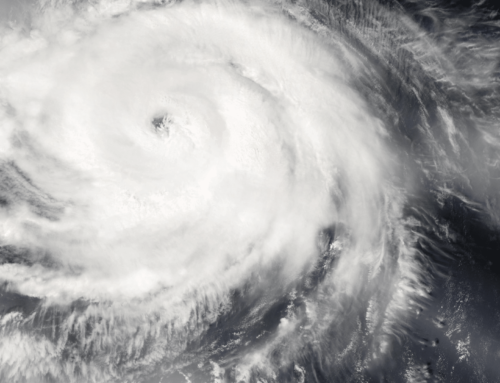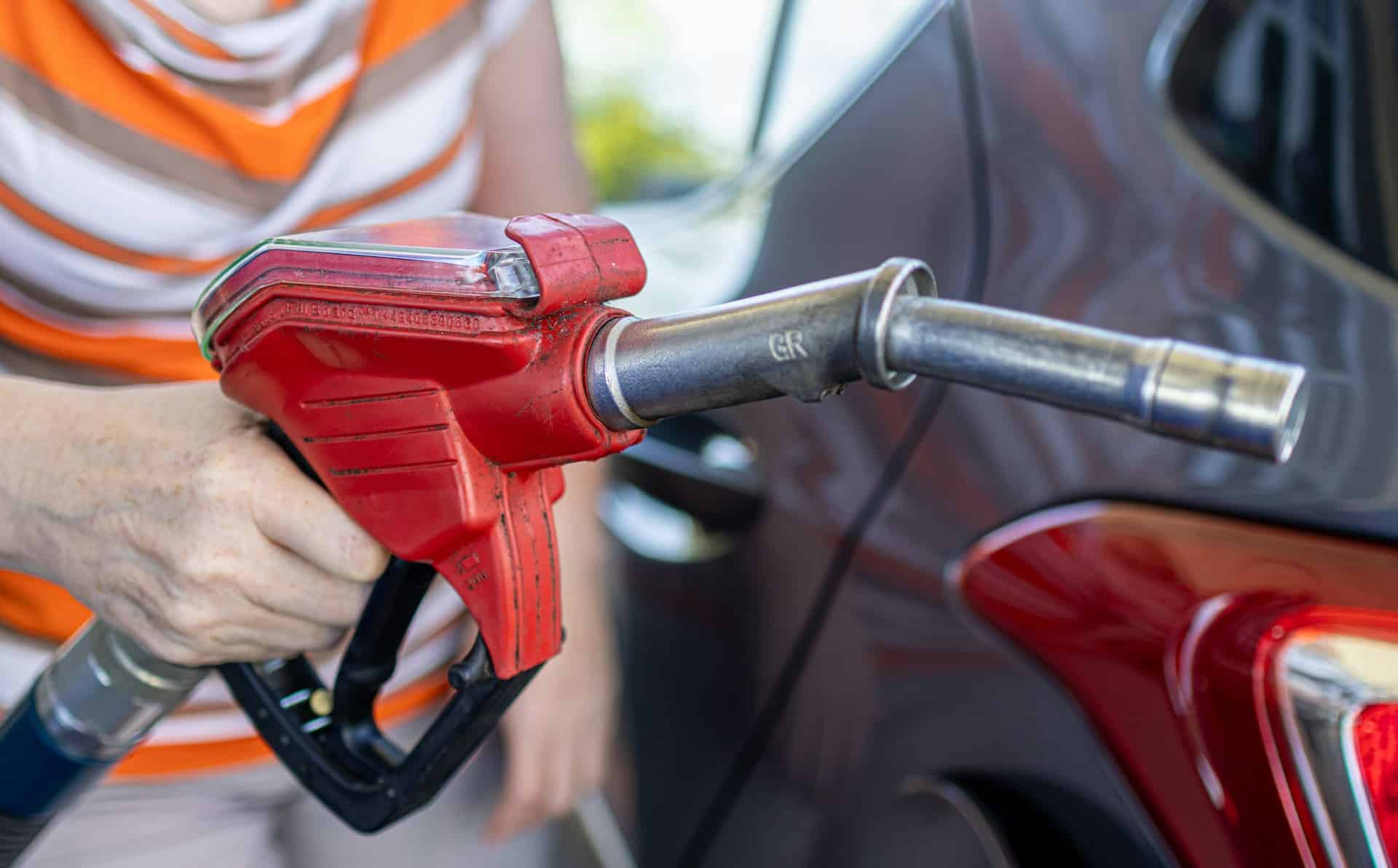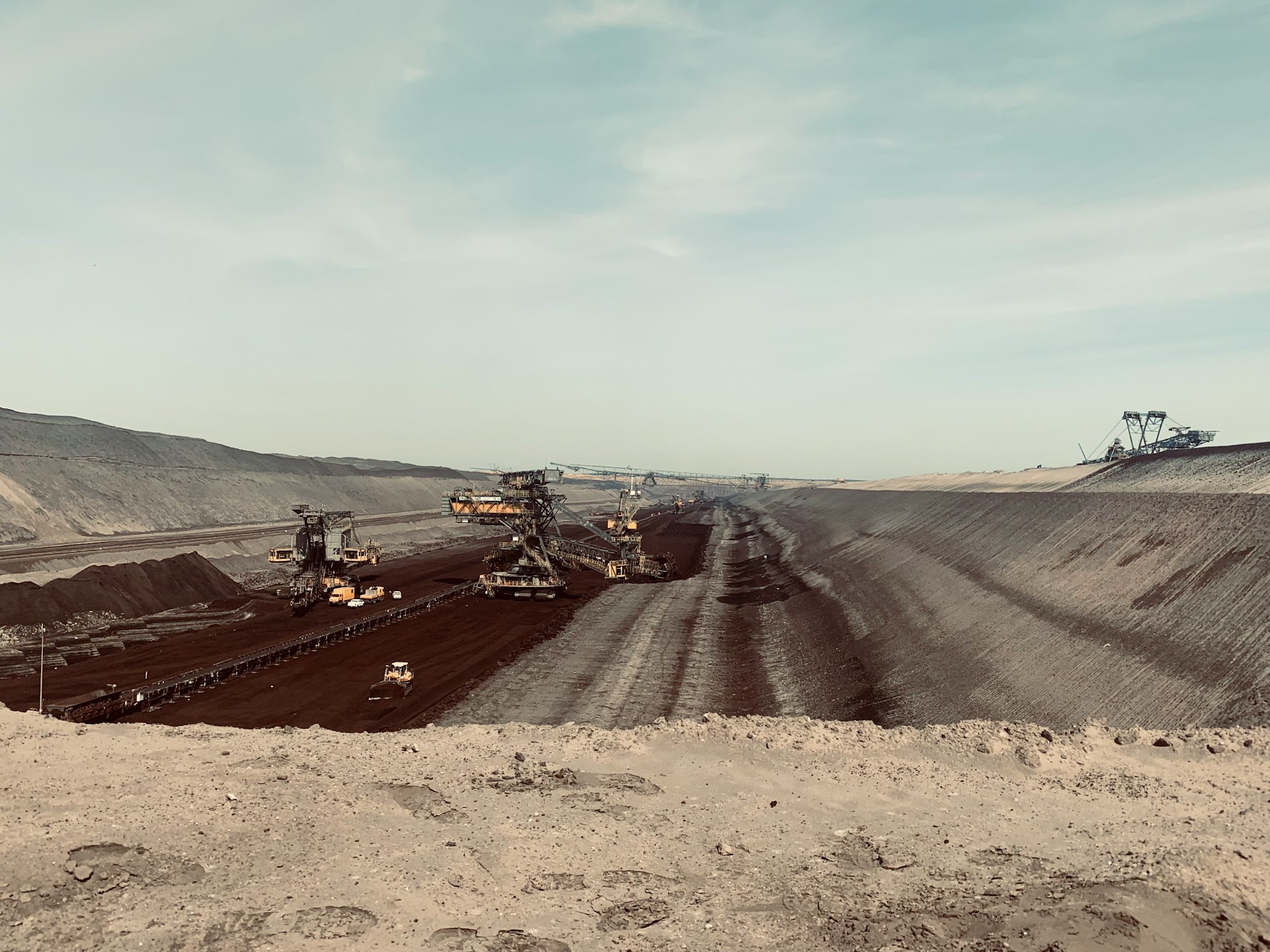Poor and working-class communities, especially those with a higher proportion of low-income Black, Brown, Asian, or Native American populations bear a disproportionate share of the risks and costs of climate change.
At the same time, many federal subsidies, such as tax credits for purchasing an electric vehicle or installing solar panels, are inaccessible to most Americans.
Ensuring that climate policies address rather than exacerbate historic inequities is a moral, fiscal, and political imperative. Only climate-oriented proposals that can be accessed equally by low-income and minority communities or those who lack capital will attract broad public support and be sustainable.
These communities must not only have access to the benefits, but also to tools to mitigate, adapt, and pre-spond to future disasters.











Get Social